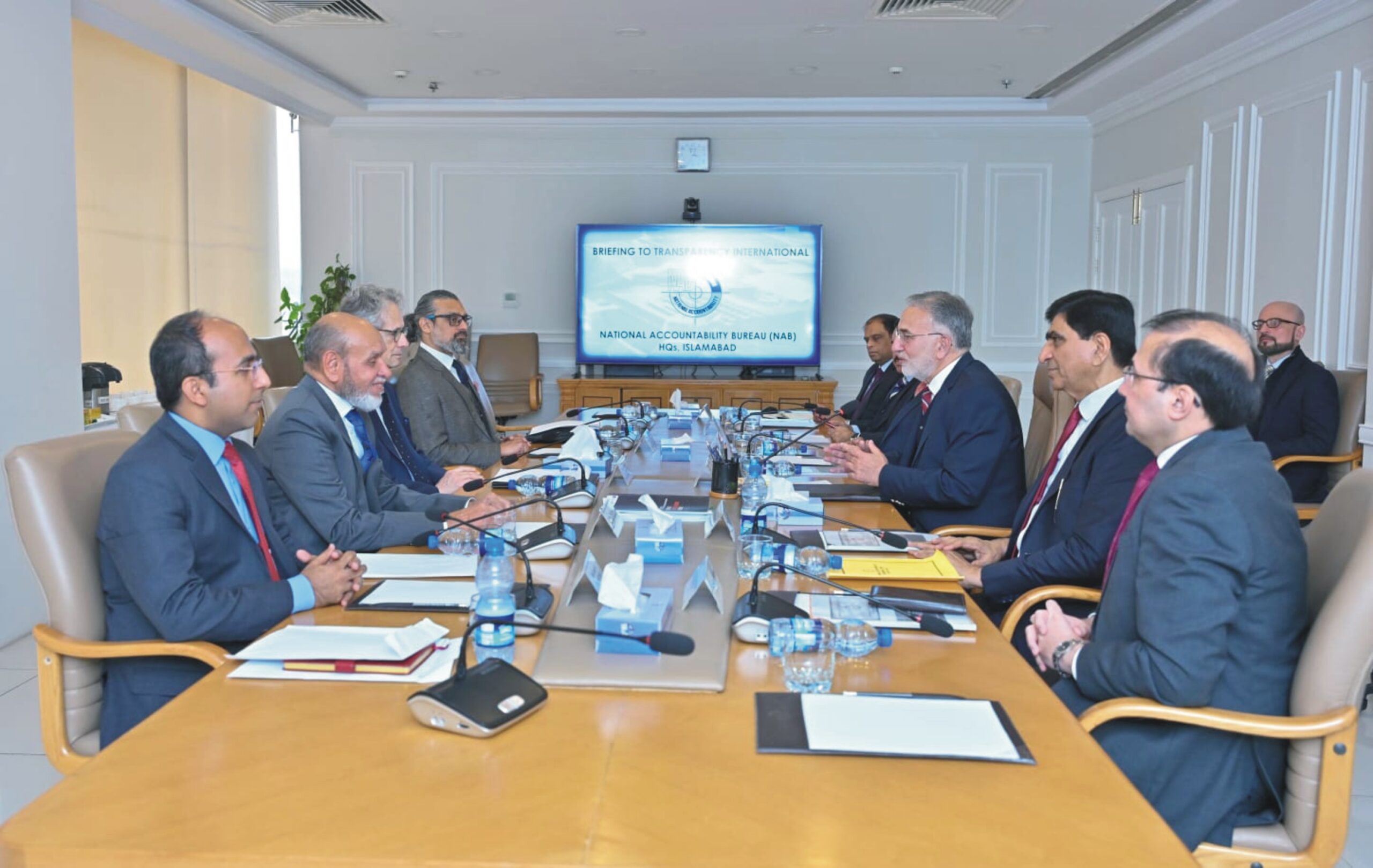 Islamabad, Pakistan, May 27, 2021— Pakistan can foster a more innovative, competitive and entrepreneurial economy and reinvigorate growth by addressing critical constraints that are limiting private sector investment, according to a new report from the International Finance Corporation (IFC) and the World Bank.
Islamabad, Pakistan, May 27, 2021— Pakistan can foster a more innovative, competitive and entrepreneurial economy and reinvigorate growth by addressing critical constraints that are limiting private sector investment, according to a new report from the International Finance Corporation (IFC) and the World Bank.
The report, the Pakistan Country Private Sector Diagnostic (CPSD), says Pakistan has tremendous untapped economic potential that may be realized through key policy actions to help create new market opportunities, mobilize private investments to create more jobs and help the country in coping with the impact of COVID-19 on its economy.
It highlights the urgent need for reforms given the COVID-19 pandemic and the impact it has had on the country’s private businesses, especially on small and medium-sized enterprises (SMEs), that drive so much of Pakistan’s economy. They make up about 90 percent of all businesses in the country, employing about 80 percent of the non-agricultural labor force but receives only seven percent of financial credit. At present most businesses are closed in keeping with restrictions due to the pandemic and scheduled lockdown.
It says while Pakistan has made impressive strides in reducing poverty, many people remain economically vulnerable and will struggle due to the COVID-19 crisis.
While the need for reforms extends across the economic system, the report outlines three broad policy objectives to support private sector development. These including boosting institutional capacity and policy coordination; strengthening competition and leveling the playing field; and spurring the development of a diversified and inclusive financial sector. The report says the reform agenda would generate higher returns if complemented by other initiatives to address systemic macroeconomic fragilities and increase both public and private investments in human capital.
“This report makes it clear there is no single reform that that would turn the economy around, but equally it is clear that Pakistan’s high dependency on consumption rather than investment and exports is a major cause of its boom-busts cycle of the economy,” said Nadeem A. Siddiqui, IFC Senior Country Manager for Pakistan. “A private sector-led growth agenda needs to be equitable and benefit Pakistan’s many small and medium-sized enterprises and also offer jobs and opportunities for the more than two million youth who join the labor force each year.”
The report says that embarking on a robust public-private partnership (PPP) agenda could strengthen private participation in the country’s development. A PPP-driven growth model not only offers the prospect of access to currently idle capital for investment, but also productivity gains stemming from adoption of advanced technologies and prudent management.
It also recommends greater participation of women in Pakistan’s labor force for future growth prospects. Female labor participation in Pakistan stands at 26 percent, compared to 82 percent for men, much lower than the regional average.
“The government of Pakistan has made considerable progress on ease of doing business. These should be sustained and greater focus on addressing barriers to competition and growth in specific sectors would go a long way in spurring productivity rise, exports and entry of new firms” said Najy Benhassine, World Bank Country Director for Pakistan. “Focusing on the most binding constraints, in each of the most promising sectors of the economy, and developing coherent visions and action plans for each industry will help unlock much needed private investment and jobs, upgrade the technological stock in these sectors, and create linkages of SMEs with larger enterprises and global markets.”
The Pakistan CPSD can be downloaded here. It was also guided by in-depth consultations with business leaders and public officials.







